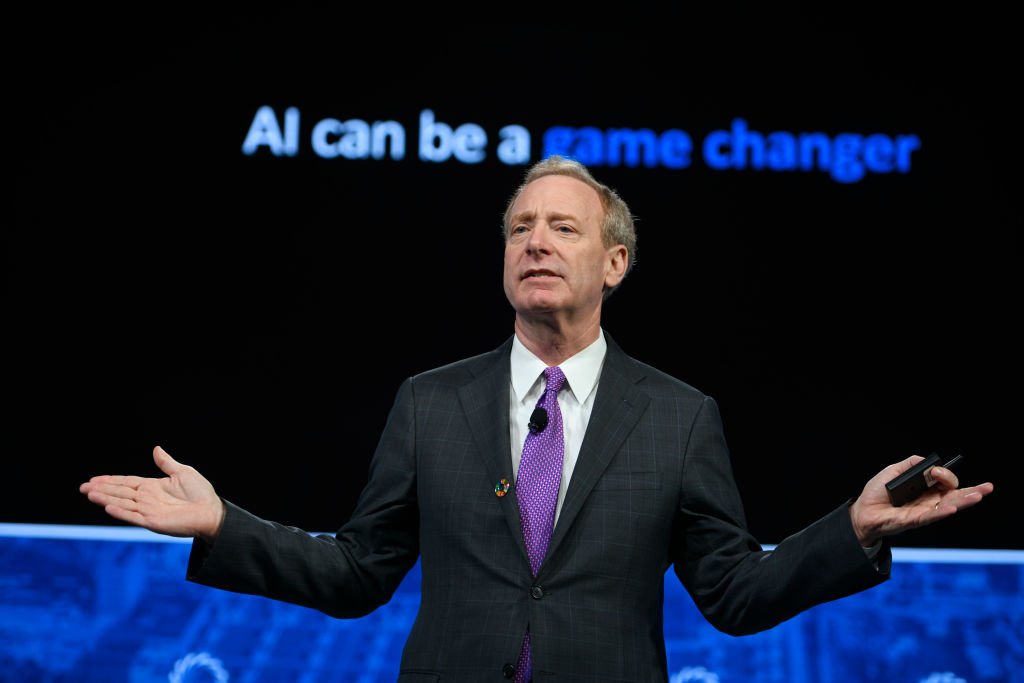On the heels of Microsoft’s investment and partnership with French Large Language Model startup Mistral AI, the company continues to work hard to try to dispel the image that it’s blocking competition through its deep partnership (and financial stake) in OpenAI. Today, the company announced a new framework known as “AI Access Principles” to govern its operations with important AI assets and datacenter infrastructure around the world.
“We recognize that our actions and decisions impact the global AI landscape and we are committed to promoting competition and innovation in the industry,” said Brad Smith, President and Vice Chair of Microsoft.
The eleven-point plan covers crucial areas such as the development and management of an app store for businesses to access a variety of LLMs and other AI products, along with a commitment to keep proprietary data out of training models. It also includes the provision for customers to switch to different cloud providers or services if desired. Additionally, there is a focus on cybersecurity, building sustainable data centers, and investing in education.
Smith made the announcement while delivering a keynote speech at the Mobile World Congress in Barcelona. However, the lack of opportunity for follow-up questions, ironically, gives the impression that Microsoft is open to dialogue and conversation with stakeholders.
The framework’s launch coincides with the increasing regulatory scrutiny of Microsoft’s $13 billion investment in OpenAI, which currently grants the company a 49% stake in the leading startup for generative AI services worldwide. In January, the European Competition Watchdog began evaluating if the investment falls under antitrust rules.
The AI Access Principles specifically address the potential use of Microsoft’s platforms and services by third parties to develop AI products, an essential aspect of the company’s enterprise services that it plans to further develop in the future for not just MWC attendees, but businesses and organizations across various industries.
“If they are training a model on our infrastructure, if they are deploying it on our infrastructure, we recognize that their data is their data, and we will not access it for our own competitive advantage,” Smith stated.
It’s important to note that these principles are not legally binding rules for Microsoft, nor do they provide specific details on how the company will enforce them. However, they serve a purpose in anticipation of future regulatory investigations. Microsoft can use them to argue that they are actively taking steps to ensure competition in the market.
“In fact, as of today, we have almost 1600 models running in our data centers, 1500 of which are open source models,” stated Smith on stage. “This demonstrates our company’s focus on both proprietary and open source models, supporting businesses of all sizes.”
On the other hand, making these principles public also allows them to serve as a reference point for the public, Microsoft’s competitors, and regulators if they believe the company is failing to meet its commitments.








